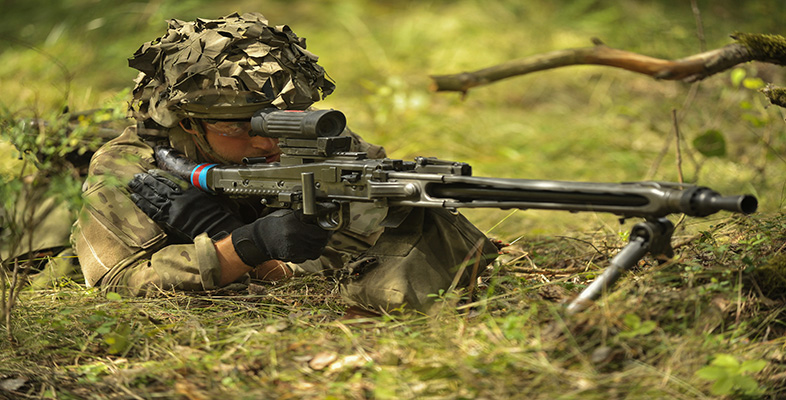III Consent
A. The boxing match model of war
Two such arguments are suggested in the following passage from Walzer:
The moral reality of war can be summed up in this way: when soldiers fight freely, choosing one another as enemies and designing their own battles, their war is not a crime; when they fight without freedom, their war is not their crime. In both cases, military conduct is governed by rules; but in the first the rules rest on mutuality and consent, in the second on a shared servitude. Footnote 7
According to the first of these suggestions, war is analogous to a boxing match or a duel. Just as it’s part of the profession of boxing to consent to be hit by one’s opponents, so combatants understand that they and their adversaries are all fulfilling their professional role and at least implicitly they consent to be done to by their adversaries as they are doing unto them.
There are, however, three objections to this view, each of which seems decisive on its own. First, it’s just false to suppose that combatants universally, or even generally, consent to be attacked by their adversaries. This is particularly obvious in the case of people who’re forced to become combatants by unjust aggression against their homeland. It’s absurd to imagine such people consenting, even implicitly, to be killed by invaders.
Second, suppose they did consent. This alone wouldn’t make it permissible to kill them. Sometimes a person’s consent contributes to making it permissible to kill him – for example, when a person wishes to be killed because his life has ceased to be worth living or because he has some other good reason to wish to die (for example, to make his organs available to save his child). But it doesn’t seem that a person’s merely consenting to be attacked can, in the absence of a good reason for consenting, make it permissible for another to kill him. It is generally wrong, for example, to kill a person in a duel even if he has consented to participate.
Third, even if all combatants did consent and even if their consent would mean that they wouldn’t be wronged by being killed, it wouldn’t follow that unjust combatants do no wrong in fighting. For acts of war by unjust combatants aren’t wrong only because they kill and injure just combatants. Attacks by unjust combatants against just combatants are merely instrumental to the ultimate aim of the war: the achievement of the unjust cause, which would have other victims. So just combatants aren’t the only people who are threatened or wronged by those who fight for an unjust cause. Because of this, acts of war by unjust combatants couldn’t be rendered permissible by the consent of the just combatants against whom they fight.
Note that the same is true of the kind of war that would best fit Walzer’s description: a war between rival mercenary armies for control of some area. In the actual cases that are most like this, all the combatants on both sides are arguably unjust combatants. Perhaps none would be wronged by being killed. But in such cases, even a combatant who attacks only members of the opposing army and doesn’t wrong them in doing so is still acting wrongly because his action is instrumental to the achievement of an unjust cause.
Return to Activity 5 [Tip: hold Ctrl and click a link to open it in a new tab. (Hide tip)]
Footnotes
- 7 Just and Unjust Wars , p. 37. Back to main text
